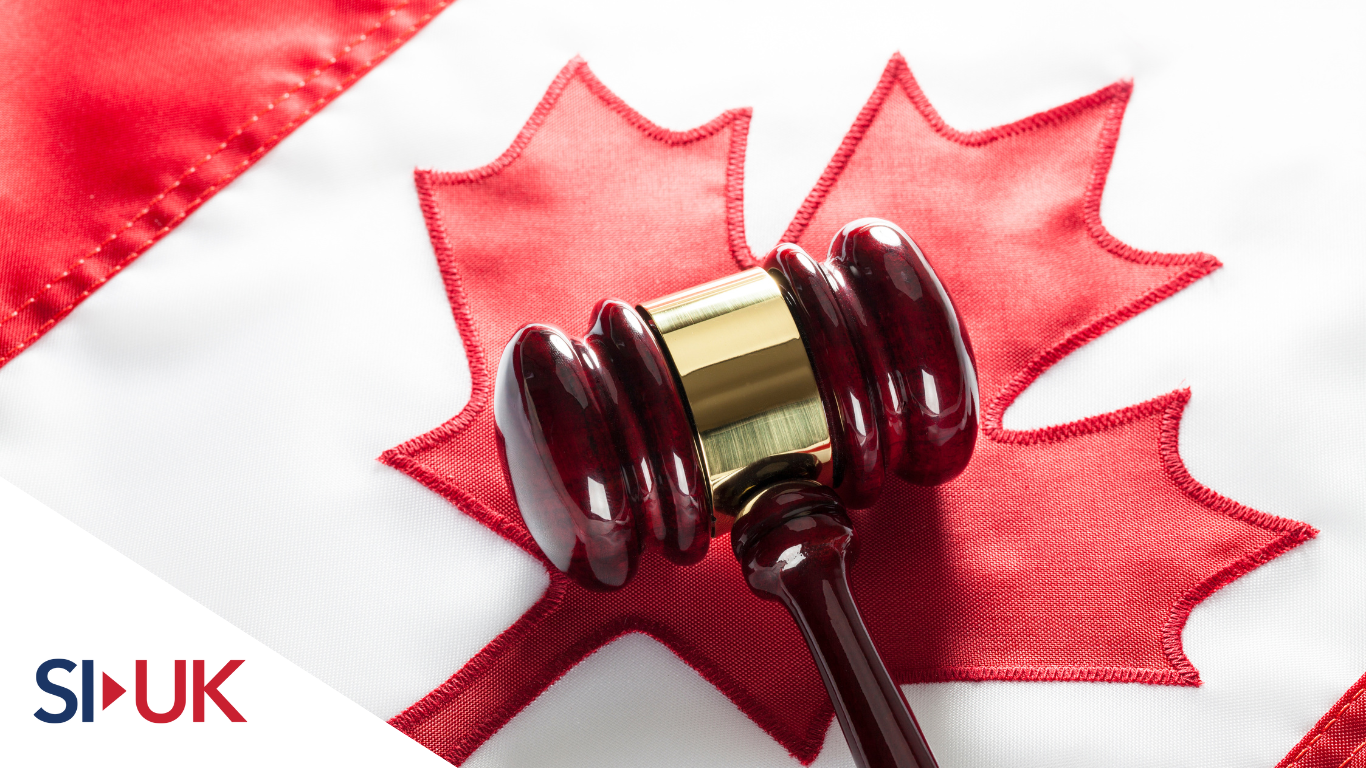Considering studying law in the UK but planning to practice in Canada? Earning a law degree from a UK university can open doors worldwide, but navigating the transition back to Canada requires understanding some essential steps and qualifications. Here’s a guide to help you prepare for the return journey and start your legal career back home.

Why Study Law in the UK?
The UK is home to some of the world’s most prestigious law schools, with globally respected programs, particularly in England and Wales. Many Canadian students are drawn to UK law programs for the shorter course duration (three years for an undergraduate LLB and one year for a master’s LLM) compared to North America, offering significant savings on both time and money. UK law programs are internationally recognized, and studying abroad gives Canadian students a unique perspective on legal systems that share a common law foundation, which can enhance employability back in Canada.
Steps to Practice Law in Canada with a UK Law Degree
After obtaining a UK law degree, returning to Canada involves several steps before you can practice. Here’s a breakdown of what you need to know.
1 - Get Your Credentials Assessed by the NCA
The first step is to have your degree assessed by the National Committee on Accreditation (NCA), a branch of the Federation of Law Societies of Canada. The NCA evaluates your UK law degree to determine if it meets Canadian standards, taking into account factors like the courses you’ve completed, the content of your degree, and any additional relevant experience.
Upon completing the assessment, the NCA will require you to pass several exams, known as NCA Exams, to demonstrate your knowledge of Canadian law. Common subjects include constitutional law, criminal law, and administrative law. The number of exams varies based on your qualifications, so it’s essential to understand the NCA’s specific requirements.
2 - Complete the Bar Admission Process
Once you’ve passed the NCA exams, the next step is to fulfill the bar admission requirements in your province. Each province has its own law society and admission process, which typically includes:
- Law Practice Program or Articling: This involves either a supervised work experience called articling or completing a practical law program. Articling can be competitive, so networking and planning ahead are key.
- Bar Exam: Passing the bar exam for your province is essential to practice. The bar exam tests your understanding of Canadian law and legal ethics and is usually divided into several sections over one or two days.
3 - Consider Additional Training or Specialization
Depending on your area of interest, you may want to pursue additional training or certifications to stand out in the competitive Canadian legal market. While not mandatory, certifications in specific fields—such as family law, real estate law, or immigration law—can enhance your qualifications and appeal to potential employers.
Advantages of a UK Law Degree in Canada
Holding a UK law degree offers several advantages. Canadian law firms value diverse perspectives, and the global experience of studying abroad can set you apart. Your UK law background may also open doors to international law firms, particularly those with clients who have business ties to the UK or Europe.
Final Thoughts
Returning to Canada with a UK law degree is a rewarding journey that requires careful planning. By understanding the NCA assessment, bar admission requirements, and possible specialization options, you’ll be well-prepared for a successful legal career in Canada. Studying law in the UK offers not only an internationally respected education but also a unique experience that enriches your legal knowledge and perspective. Whether you're interested in practicing law locally or internationally, a UK law degree can help you achieve your goals.
For more information on how to start your law journey in the UK, get in touch with SI-UK North America today!





























